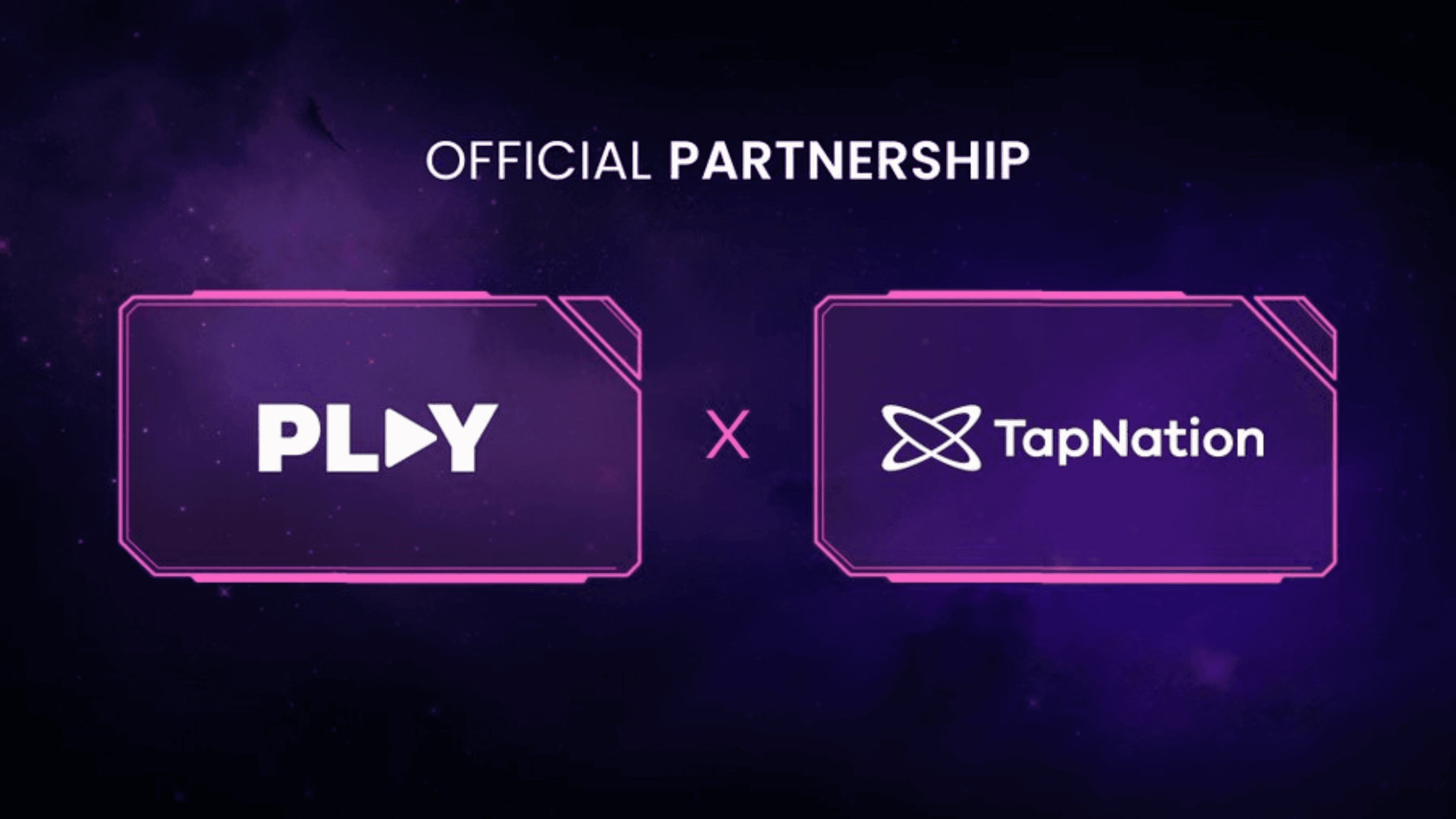Play Network, an on-chain gaming infrastructure platform, has concluded a six-month legal dispute with Ready Makers Inc. with a series of favorable rulings from the courts in Gibraltar. The dispute arose after representatives of Ready Makers Inc.—David S. Bennahum, Scott Rupp, and Davidi Gilo—attempted to block the issuance of $PLAY tokens by Ready Gibraltar, a subsidiary associated with Play Network.
Play Network Wins Lawsuit Over $PLAY Token
In April, the Supreme Court of Gibraltar lifted a previously imposed worldwide freeze on 542 million $PLAY tokens. The court found that the claim submitted by Ready Makers Inc. lacked a reasonable prospect of success and described the action as oppressive. Following this decision, the court ordered the claimants to pay approximately $550,000 in indemnity costs to Play Network, including an immediate interim payment of about $300,000. These costs were imposed as a consequence of misleading information that the court determined had been presented by the claimants during the proceedings.

Play Network Wins Lawsuit Over $PLAY Token
Court of Appeal Upholds Supreme Court Ruling
On June 3, the Court of Appeal for Gibraltar upheld the April decision, describing the original freeze ordered on February 4 as a miscarriage of justice. The court reaffirmed that the claimants had no realistic prospect of success in their challenge and emphasized the lack of evidence supporting their claims. Specifically, the ruling noted that the claim to ownership of Ready Gibraltar’s tokens was not backed by any documentation. According to the court, the claimants failed to produce a single piece of evidence establishing any proprietary interest in the disputed tokens.
Ongoing Litigation and Differing Interpretations
Despite the outcome of these rulings, Bennahum stated in an interview with GamesBeat that litigation between Ready Makers Inc. and Christina Macedo, the CEO of Play Network, remains ongoing. He acknowledged the lifting of the token freeze and the cost orders but characterized them as procedural. According to Bennahum, the central issue of whether Ready Makers Inc. holds beneficial ownership in Ready Maker (Gibraltar) Ltd. has yet to be determined, and he maintained that his company would refrain from further public comment while proceedings continue.
Play Network’s legal team was led by James Ramsden KC of the Astraea Group, who has previously represented various crypto-related firms. He was joined by Philippe Kuhn of 39 Essex Chambers, Signature Litigation, and Bull Blockchain Law. Ramsden stated that the Court of Appeal confirmed the discharge of both the freezing and trust preservation orders and that the claimants now face a damages claim from Ready Gibraltar, consistent with their prior undertakings to the court.

Play Network Wins Lawsuit Over $PLAY Token
Implications for Web3 and Token Governance
In its statements, Play Network emphasized that the court’s findings addressed not only legal deficiencies in the claimants' case but also broader concerns for the web3 sector. The judgments indicated that actions by Bennahum, Rupp, and Gilo had cast doubt on Ready Gibraltar’s operations and harmed its credibility in the business environment. The court criticized the claimants for allegedly withholding documents that were detrimental to their position and for portraying Ready US—dissolved in 2024—as an ongoing entity. It also stated that the initial freezing order caused significant damage to the value and prospects of the $PLAY tokens and described the injunctions as harmful to the business.
Next Steps in the Legal Proceedings
Play Network has indicated that it will seek further relief in the Gibraltar courts. The company is expected to pursue a claim for approximately $2.8 million in security for legal costs, as well as at least $30 million in damages. These claims will be reviewed in upcoming hearings before the Supreme Court of Gibraltar.
The legal decisions in Gibraltar represent a significant development in the ongoing dispute over $PLAY tokens. While Ready Makers Inc. continues to pursue its underlying claims, the courts have thus far sided with Play Network, dismissing the initial attempts to halt the issuance of tokens and awarding substantial costs. The case highlights ongoing legal and governance challenges within the web3 gaming space, particularly regarding token ownership and corporate control.


